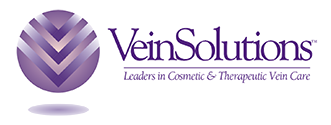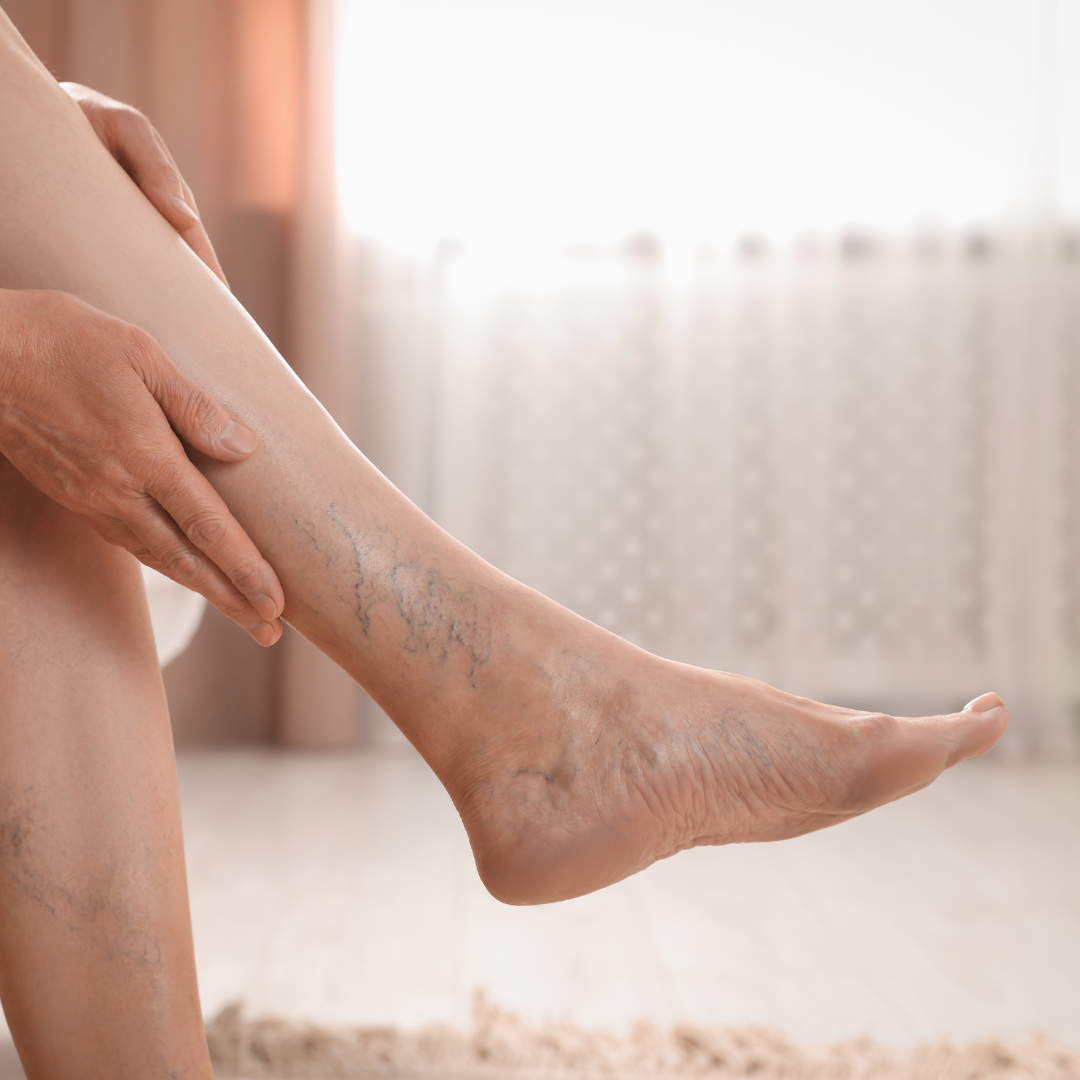If you’re one of the millions of Americans living with varicose veins, you know they’re…
A deep dive into veins and the vital role they play
Everyone knows that veins are the purplish structures that run just under the skin and deep throughout the body.
They are vital to our circulatory system as they transport blood back towards the heart from every muscle and organ that we have. Some estimates claim there are more than 60,000 miles of blood vessels, including veins, that exist in our bodies.
When veins are not functioning properly and blood flow is interrupted, there could be catastrophic consequences.
At VeinSolutions, our team of board-certified vascular surgeons and vein experts are dedicated to your vein health, and are here to help you ensure your veins are working properly.
Here’s a closer look at veins and the important role they play.
What is the main function of veins?
The main function of our veins is to transport blood that has been depleted of oxygen back up to the lungs and heart to be reoxygenated and revitalized, then redistributed into the body.
How do veins pump blood and keep it flowing?
Veins are equipped with tiny valves within their tubular structures that contract and push blood upwards in the direction of the heart. The blood circulating in our veins is meant to be pumped and flow just one way (up) when the valves contract. If the valves are damaged or malfunction, blood does not get pumped up towards the heart and it could flow backwards or pool in the extremities and result in swelling or various forms of venous insufficiency or deep venous disorders.
What are some common venous disorders?
Varicose veins are one of the most common forms of venous insufficiency, with more than 35% of adults suffering from these bulging and swollen structures. They are typically blue or purplish in color and occur when blood pools in the vein as it is unable to be pumped back up to the heart due to a malfunction with the valves. The vein becomes enlarged and protrudes and can cause chronic aching, fatigue and irritation in the legs.
Other common vein disorders that we see frequently at our vein treatment clinics are:
- Spider veins: thin, wisp-like irritated veins that can lead to swelling and sensitivity
- Reticular veins: medium-sized veins that may spread in a distinct spiderweb or spaghetti pattern
- Deep vein thrombosis (DVT): a blood clot that forms in the legs typically due to inactivity and frequently associated with travel
- Blood clots: solid, gel-like mass of blood that can block regular blood flow in veins
How do you treat varicose veins and other venous disorders?
VeinSolutions offers several effective treatment options for varicose vein removal and the successful management of common venous disorders, including:
- Sclerotherapy: injectable solution used to dissolve damaged veins
- Endovenous ablation: radiofrequency energy, or heat, used to seal off damaged veins and redirect blood flow to healthy veins
- Minimally invasive vein surgery: this is reserved for the most stubborn veins where they are surgically and permanently removed via a small incision
All of these treatments are conveniently performed in our clinics on an outpatient basis with little-to-no downtime and speedy recoveries.
Simple ways that our vein experts recommend improving circulation and your overall vein health, such as stopping smoking, exercising, and staying hydrated, can be found here.
Contact VeinSolutions for Your Varicose Vein Consultation Today
Our board-certified vascular surgeons and vein specialists are skilled in both cosmetic and therapeutic treatments for varicose veins while dedicated to enhancing your overall circulatory health.
To schedule an appointment with a vein specialist in Austin, please contact us here or call 512.452.VEIN (8346), or 512.501.4287 for our clinic in Georgetown, and 512.651.8420 for Kyle.



